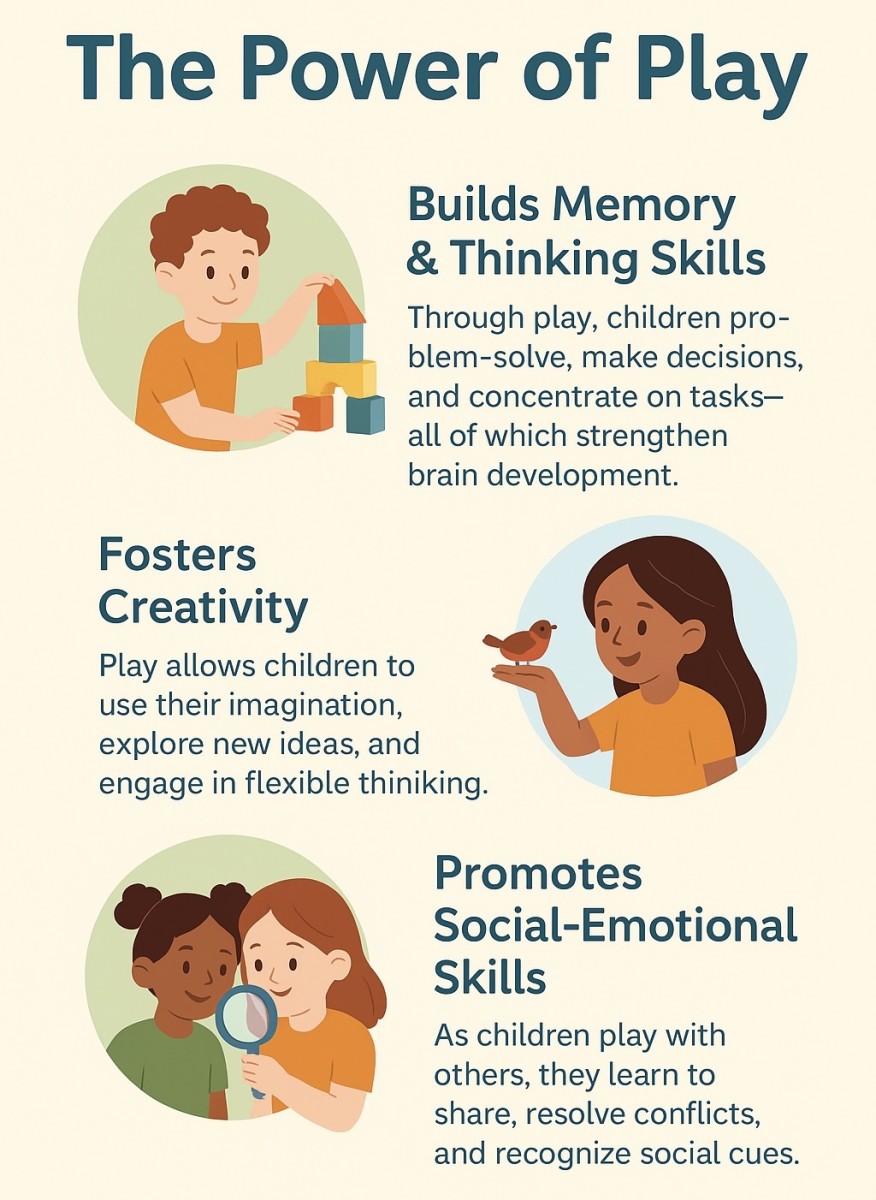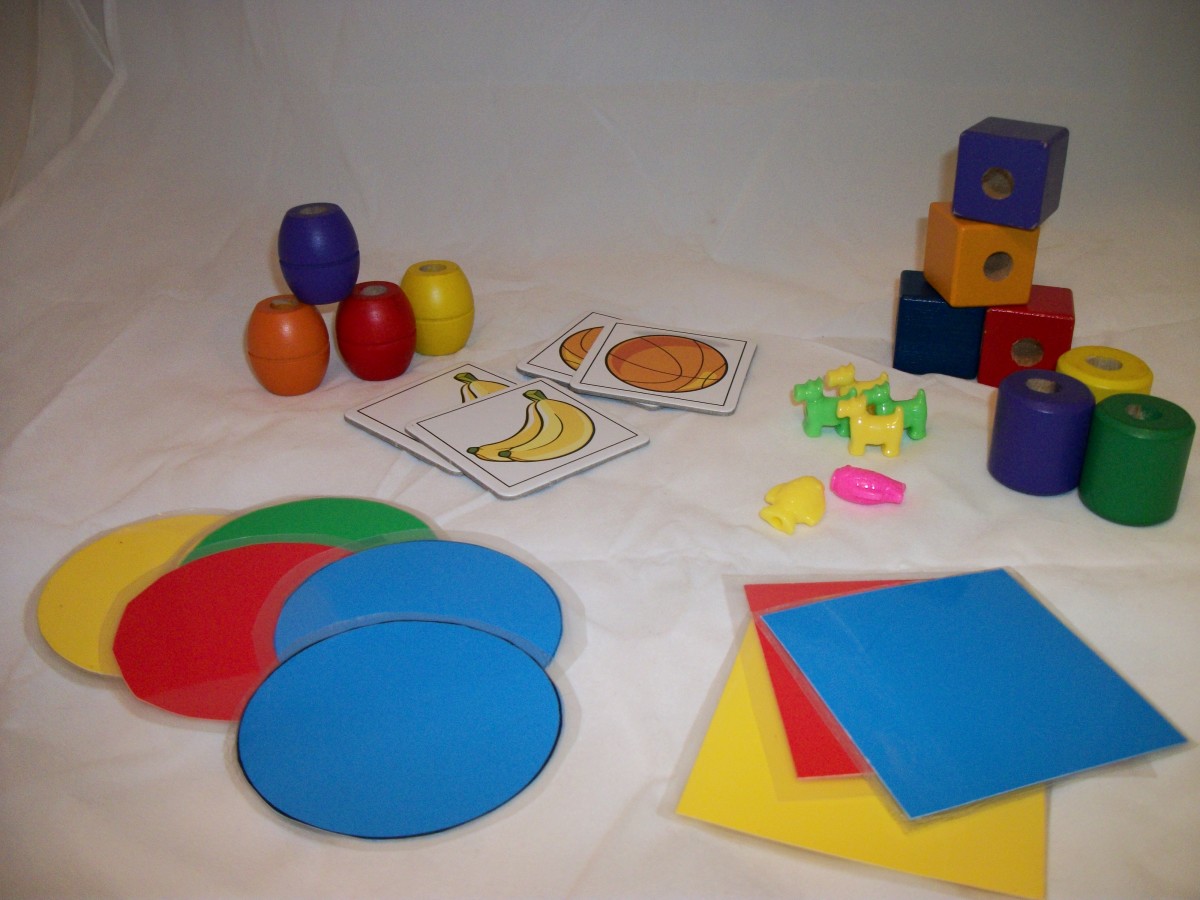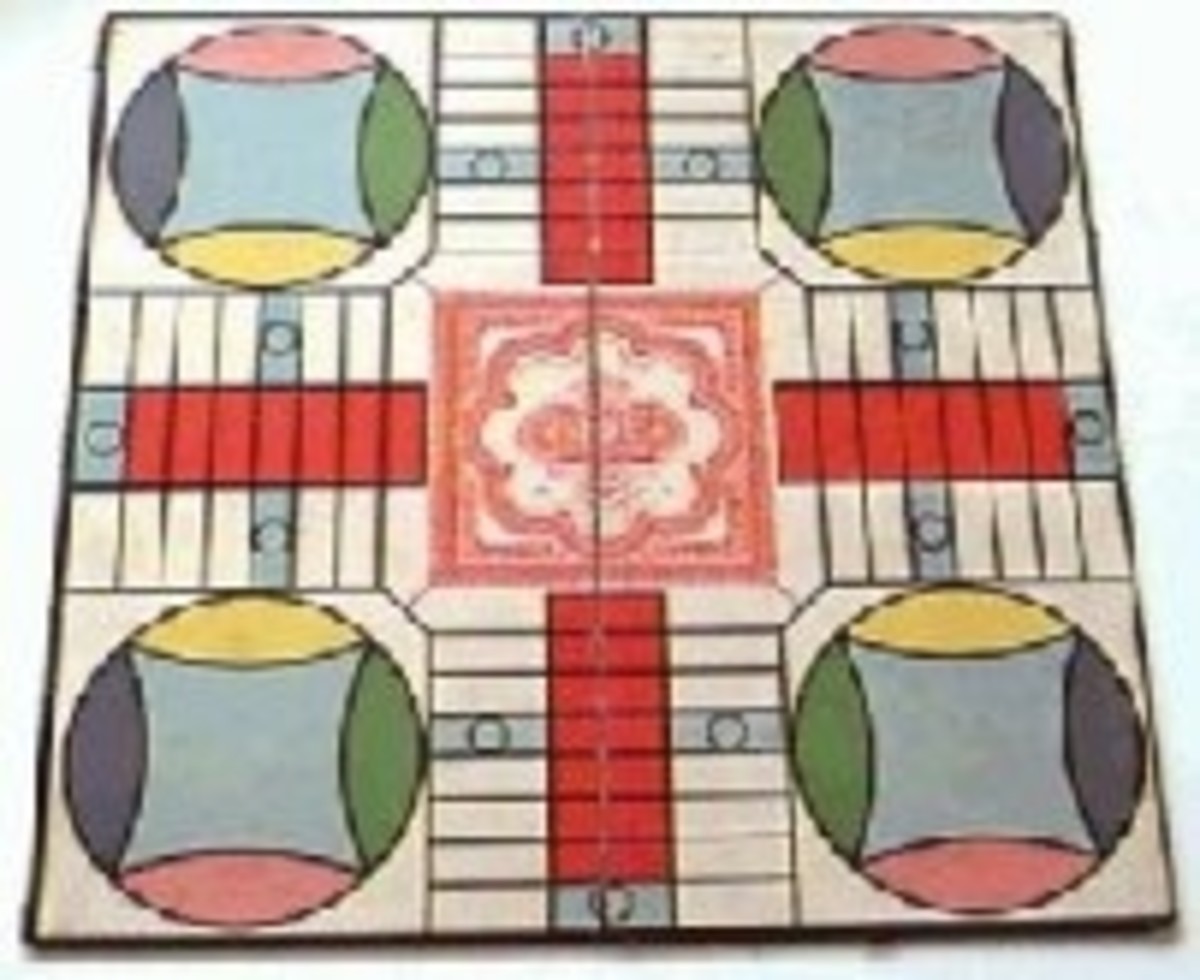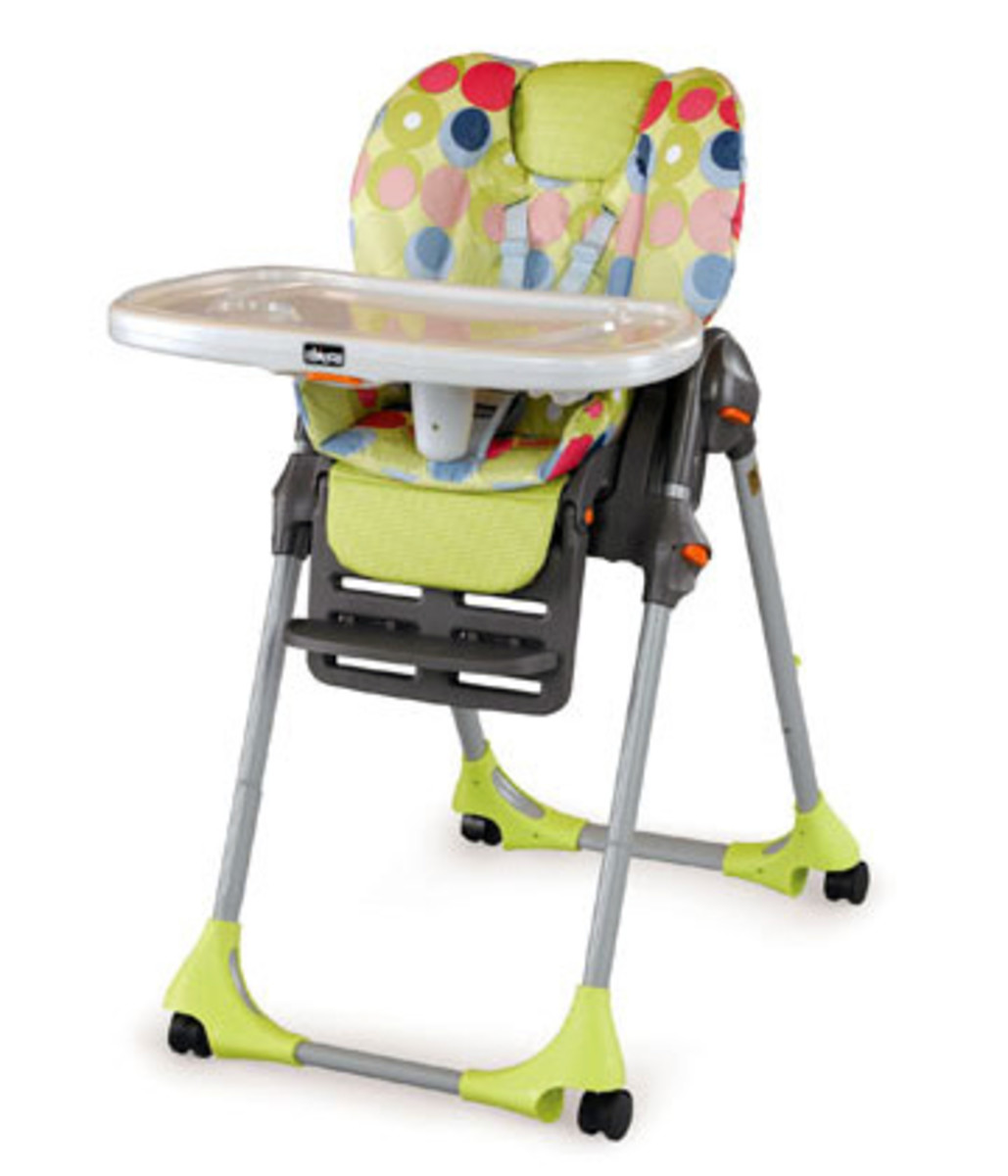Creativity and Intelligence in Children
What is Intelligence?
Most of us have heard of intelligence ratings, via the famous (or infamous) "IQ Tests." How accurate these are is difficult to say. There are various tests, and the tests given for pre-readers are subject to a wide range of interpretations, depending upon the test administrator.
Generally speaking, however, we are much too hung up on IQ scores in this nation, when we should instead be looking merely at learning, the process of learning, and making that process enjoyable for our young, instead of a hated chore.
Intelligence manifests in many ways, and it is not always the child prodigy who wins the race. I've met plenty of very intelligent people who were nonetheless lacking any kind of common sense, or who were just plain lazy. You will probably find many of these two types inhabiting our prison system.
Intelligence goes far beyond a number from a test score. It is possible to be intelligent without being a genius. Membership in Mensa is not required to show that one is intelligent. It can also be about being creative--the "thinking outside the box" cliché is the best example.

What is "Thinking Outside the Box?"
No doubt many of you have seen examples of this trait in your own kids. The important thing is, not to laugh (overly much) at them, or chalk it up to kids being silly, or worse, calling them stupid.
Some perfect examples of this kind of creativity were provided by my own youngest when she was growing up. All of these examples were her own, original ideas, and could just as easily have been ridiculed or ignored. Instead, I agreed that while some were funny, none of them were "wrong answers" to a particular problem. She continues to be a good problem solver to this day.
- One day, she was suffering from a stuffy nose, and we had no medication in the house, as it had come upon her in the evening, after the store was closed. Her ingenious solution? Go to the refrigerator and help herself to a couple of tablespoons of hot sauce.
- Another time, we were having Chinese take-out, and we all decided to try chopsticks, and put in a strict 'no knives and forks' rule--just for fun. She struggled to pick up some pieces of broccoli, and suddenly disappeared from the table with one of her chopsticks. When she returned, it was evident that she had put the chopstick through the pencil sharpener, creating a sharp stabbing point. She had thought how to stay within the rules of the evening and solve her dilemma very creatively.
- On yet another occasion, when she was a bit older, and had mastered chopsticks, she decided that she would attempt to eat Mexican food with chopsticks. Why? Why not?

I had similar experiences when I was a kid--my parents were very good with acknowledging original, creative thinking. My dad was a tinkerer--always able to fix broken things, make things from oddball parts, and if he didn't have a particular kind of tool he imagined he'd need--he'd make the tool! He was what we call a 'Renaissance Man,' or Jack of All Trades.
One day, I was wanting to help with some yard work, but my hay fever allergies were acting up. After what seemed like a thousand trips into the house for a tissue, I came up with the idea of poking holes in the top of the tissue box, and threading string through, making a loop, which allowed me to hang the box around my neck. Mom laughed, but acknowledged that it was a clever idea to keep the needed tissues handier.
I recently had knee surgery, and needed to get some laundry done while I was still recuperating and using a walker. I could not lift and carry the basket. My husband has health issues of his own, and was unable to help. So, I tied a rope through the handle on one end of the basket, and the other through the rear belt loop on my jeans. I was then able to drag the basket without letting go of the walker or stooping over trying to shove it. It's the sort of oddball solution that works, even if it looks funny.
Alley-Oop!
The best one I've heard yet came from the teacher my eldest had in her high school cooking class. There were about 6 football players in that class. Why? Well, because that's where all the girls were to be found, of course.
This one day, the lesson was pie. The guys were fooling around, and when it came time to roll the pie crust and get it into the pie pan, they were stumped. "How do we get the crust into the pan?" they inquired. The teacher replied, "You guys were not paying attention when I explained that, so figure it out!"
The next thing she knew, she heard, "One, two, HUP!" from their corner of the class. Lo and behold, four of the fellows had hold of the table and were flipping it upside down, while a fifth was underneath, holding the pie dish against the crust! Certainly a creative solution to their dilemma, however unorthodox.
Have you seen a child use a very creative solution?
Not Always a Physical Challenge
Creativity and intelligence are not always about solving a physical challenge. As often as not, it can be mental quickness; thinking on one's feet, and coming up with clever witticisms, reasons, or even excuses.
A friend of mine relates this tale:
- When she was a child, she approached her mom with an "I want..." statement. Her dad stepped in and told her, "When you say, 'I want,' you need to follow that with the words, 'to give you.' " Thinking quickly, she replied, "Okay. I want to give you a list of what I want."
My youngest, of the hot sauce and chopsticks 'fame,' knew at about the age of four, that you shouldn't directly ask someone to buy you something.
- We were out shopping with my father, and out of the blue, she looked up at him and sweetly inquired, "Would Grandpa like to take us out to lunch?" She hadn't directly asked....very sly move, I'd say. Naturally, Grandpa chuckled, melted, and agreed to the proposition.
When I was in junior high school, a classmate came up with this very clever, original (and undoubtedly not true) excuse for not having his homework:
- "Well, I put it inside the piano so my little brother wouldn't mess it up, and last night, our piano burned down!" The whole class had a good laugh.
Learning is Not Always Positive Experience
That's right. But just because something did not work out as planned or envisioned does not mean that a lesson was not learned.
Take the case of my elder daughter. When she was about 9, we were visiting some people who were dedicated to living "off the grid." They had an outhouse instead of a bathroom; no electric lights, and the stove and refrigerator were both propane-fueled.
That's not to say there were no amenities. They had a hammock set up between two trees, where it was shaded from the heat of the day. They also had a third rope with a loop in its end, tied off to another nearby tree. The purpose of that rope was so you could loaf in the hammock, your foot in the loop, and gently rock yourself back and forth. It worked very well.
Along came my daughter, climbed into the hammock, and tried out the loop. Suddenly, she cried out, "Look, mom! I figured out how to stop!" With that, she yanked hard on the third rope, pulling out all the slack. The hammock stopped rocking, alright, but it did not stop there--it continued on the altered course, dumping her rudely onto the ground. She was so stunned and surprised that it did not occur to her to question it when "mean old mommy" said, "Oh, I missed that! Do it again for a picture!" (Which she obligingly did.)
I'm not sure whether she thought that perhaps she had 'done it wrong' the first time, and would have different results on the photo shoot, but of course, the result was the same.
It was creative, original thinking, for sure; it just did not work as she thought it would. Lessons learned? Yes. What lessons?
- Doing the same thing you just did is not going to yield different results
- The law of physics, which states, "for every action, there is an equal and opposite reaction."
- Don't repeat a mistake on purpose so someone can capture it for posterity with a camera
The same is true of many things in life; just because you did not like the outcome of your idea does not mean you did not learn a valuable life lesson.
I.Q. and Creativity
These are related, but not as closely as you might think. I.Q. is a standard measure, based on tests, that have a range for error built in. Being "smart" and being "knowledgeable" are not necessarily the same thing.
There are quite a number of smart people, based solely on their I.Q. scores, who are profoundly lacking in common sense.
There are also those who fall far below the standard of 'average' intelligence, who can have equally profound flashes of brilliant problem-solving, or who exhibit a rare talent in a given field.
Creativity is about being able to think quickly, adapt to challenges and overcome a problem with what is on hand.
Schools vs. Creativity
We should be very mindful of what our children are being taught in school; or perhaps, I should say, what they are not being taught!
Today's public education system is so focused on 'standardized testing' and worried about those scores, lest they lose funding, that they are actually failing our kids miserably in many vital areas.
They are failing to teach
- critical thinking and analysis
- creative problem solving
- art
- music
Make no mistake--those last two are very crucial to creativity, for they allow for free expression of the soul. There is no right or wrong way to make a drawing or painting of your own invention. Whether or not you like their style, the famous artists Picasso, Dali, Warhol, and even Van Gogh, have their own style of expression. It is pure creativity.
Einstein was a creative genius, as was Edison, Watt, Tesla and many others. Many of our modern conveniences grew out of such minds.
Music, while it has rules and follows certain protocols, also allows for freedom of expression, whether by writing one's own compositions, or playing with existing ones and creating arrangements thereof.
By cutting music, art, drama, and other such classes to save money, the school system has done children a great disservice. They have forgotten that there is often more than one 'right' answer, and are trying to turn everyone into conformist, obedient, 'round pegs.'
Please be sure to counteract these trends at home, because the schools are not teaching these vital skills.
© 2013 Liz Elias








